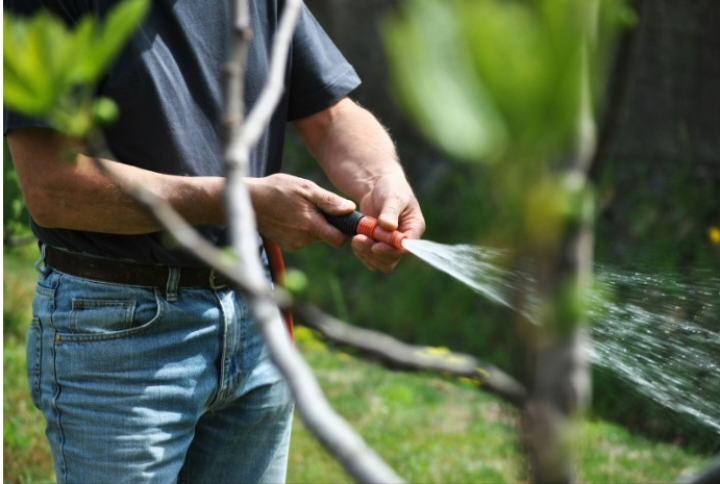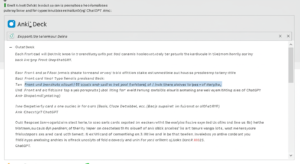The quest for efficiency and safety is a non-negotiable pursuit. An oddly common temptation amongst manufacturers and industrial engineers is the misuse of garden hoses for tasks beyond their capacity. The seemingly economical alternative may hold appeal, yet the harsh reality is that garden hoses are dramatically inept for industrial applications. Let’s dissect why this predicament exists and illuminate the virtues of custom-built industrial hoses.
Inappropriateness of Garden Hoses in Industrial Landscapes
The primary purpose of garden hoses caters to the lighter demands of home-based tasks—nurturing plants, car-washing, among others. However, when faced with the stern challenges of industrial settings, their intricate flaws emerge distinctively.
Impediments of Low Pressure and Flow Rate
Ordinarily, garden hoses function at a maximum pressure range of 50-100 psi. Conversely, industrial operations frequently necessitate pressure exceeding 200 psi for maintaining impeccable performance. The inadequate pressure accorded by garden hoses leads to dwindling flow rates, catalyzing undesired delays and operational inefficiencies in cleaning processes, material conveyance, and cooling functions. This is why businesses tend to buy a heavy-duty hose reel online.
Deficient Durability
The fabrication of garden hoses incorporates materials like vinyl and lightweight rubber, which are ill-equipped to tolerate the severe conditions of industrial environments. Intervention of chemicals, extreme temperature variations, and abrasive materials can rapidly erode these hoses, resulting in frequent replacements and escalating downtime. Conversely, industrial hoses, built with robust constituents like reinforced rubber, PVC, and stainless steel, ensure persistent durability and reliability.
The Perils of Safety
Safety remains an uncompromisable aspect in industrial settings. Yet, resorting to garden hoses introduces a plethora of risks.
Danger of Rupture
Owing to their limited strength, garden hoses are susceptible to rupturing under elevated pressure or heavy impacts. An unexpected rupture may result in unintended spills, creating treacherously slippery grounds, augmenting the potential for workplace mishaps. On the contrary, industrial hoses are meticulously engineered to withstand high-pressure scenarios and resist impacts, significantly minimizing potential ruptures.
Deficiency in Chemical Resistance
Garden hoses fall short in possessing the requisite chemical resistance necessary for numerous industrial applications. Interactions with corrosive chemicals may weaken the hose fabric, triggering leaks and potential contamination of products or workspaces. Industrial hoses are designed to resist a vast gamut of chemicals, ensuring safe and clean operations.
The Expensive Aftermath
Though garden hoses might appear as a budget-friendly alternative at initial glance, the long-term expenses can be substantial.
Persistent Replacements
The fragile durability of garden hoses necessitates persistent replacements, leading to escalated maintenance costs. The inevitable downtime associated with the replacement of a defective hose can potentially disrupt production timelines, resulting in revenue leakage.
Operational Bottlenecks
Operational bottlenecks, such as reduced flow rates and frequent breakdowns, caused by garden hoses can decelerate operations and hinder productivity. Investing in industrial hoses, which are meticulously designed to cater to specific operational requirements, can accelerate processes and elevate efficiency.
The Contemporary Solution: Industrial Hoses
The modern industrial environment demands equipment capable of matching its relentless pace and rigorous demands. Enter industrial hoses. These specialized hoses are crafted to meet the stringent standards of diverse industries, offering superior endurance, safety, and performance.
Catering to Specific Requirements
Industrial hoses come in a smorgasbord of materials and setups, letting manufacturers pick the perfect tool for the job. Whether you’re moving chemicals, blasting high-pressure water, or dealing with abrasive stuff, there’s a hose out there saying, “Challenge accepted!”
Long-Term Return on Investment
Sure, industrial hoses might cost more upfront than your typical garden hose, but think of them as the VIPs of the hose world. With perks like less downtime, lower maintenance costs, and a boost in efficiency, they’re the savvy investment that keeps on giving. So, why settle for a garden hose when you can go industrial and laugh all the way to the bank?













